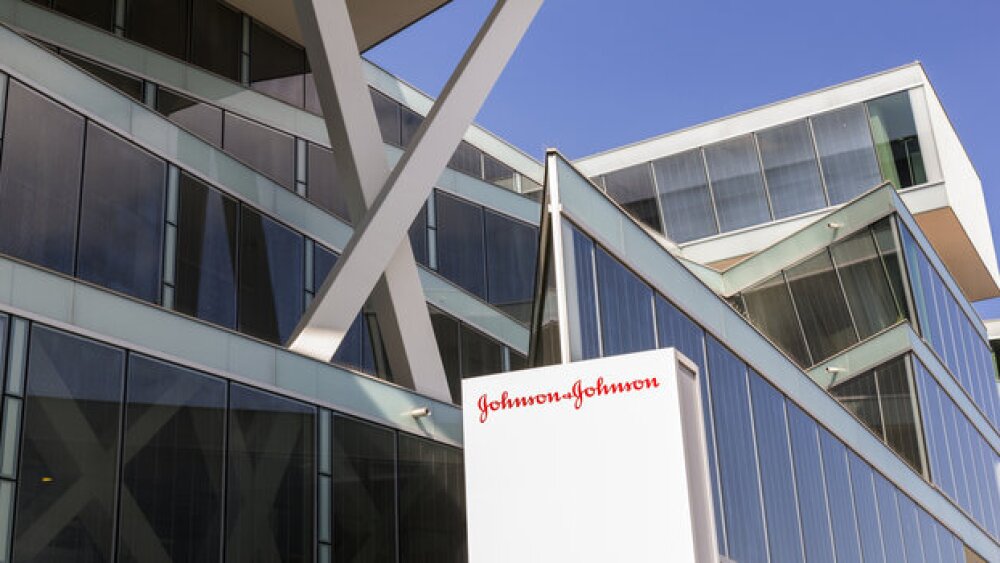The company is projecting that future growth will be driven by geographic and label expansions for its rare disease assets, as well as potential approvals in obesity.
Amgen continues to reap the benefits of its $27.8 billion acquisition of Horizon Therapeutics, which helped the pharma maintain healthy growth in the second quarter of 2024, according to Tuesday’s earnings report.
In Q2, Amgen recorded total revenue of nearly $8.4 billion—up from nearly $7 billion during the same period last year prior—and beating the consensus estimate of $8.34 billion, according to Yahoo! Finance. However, Amgen’s adjusted earnings of $4.97 per share fell short of the $4.98 that analysts expected.
The company’s strongest assets in Q2 were the osteoporosis treatment Prolia (denosumab), which brought in nearly $1.17 billion worldwide, and Enbrel (etanercept), which is indicated for autoimmune diseases and raked in more than $900 million globally.
CEO Robert Bradway in a call with analysts also touted the performance of cholesterol drug Repatha (evolocumab) and postmenopausal osteoporosis medication Evenity (romosozumab-aqqg), which grew 25% and 39% year-over-year of $532 million and $391 million, respectively.
Bradway also highlighted the company’s rare disease portfolio, anchored by its Horizon haul. Tepezza (teprotumumab-trbw), which was approved by the FDA in January 2020 for thyroid eye disease, brought in $479 million in Q2, while the chronic refractory gout therapy Krystexxa (pegloticase) generated $294 million in sales. Krystexxa won approval in July 2022.
Uplizna (inebilizumab-cdon), indicated for neuromyelitis optical spectrum disorder, added $92 million to Amgen’s earnings in the quarter. Horizon gained ownership of Uplizna from its 2021 acquisition of Viela Bio.
“All of these first or best-in-class medicines are still early in their life cycles and have plenty of room to run through geographic expansion, new indications and/or new formulations,” Bradway said during Tuesday’s analyst call, pointing to their potential to drive future growth for Amgen.
Beyond rare diseases, Amgen is also banking on its obesity pipeline headlined by the injectable bispecific molecule MariTide, which simultaneously blocks the GIP receptor while activating the GLP-1 receptor. In February 2024, the company released Phase I data for the candidate, touting 14.5% weight loss at 85 days in participants with obesity but without diabetes.
Topline data for the Phase II study of MariTide is expected later this year, according to Jay Bradner, Amgen’s chief scientific officer. The company is working to launch a “broad Phase III program” for MariTide “in obesity, obesity-related conditions and diabetes.” Amgen is also concurrently planning another mid-stage study for the candidate, assessing its therapeutic potential in diabetes patients with and without obesity.
In addition to MariTide, Amgen is also advancing several early-stage obesity programs, which include “both oral and injectable incretin and non-incretin approaches,” Bradner said during the call. One of these earlier programs is set to enter clinical development later this year.






